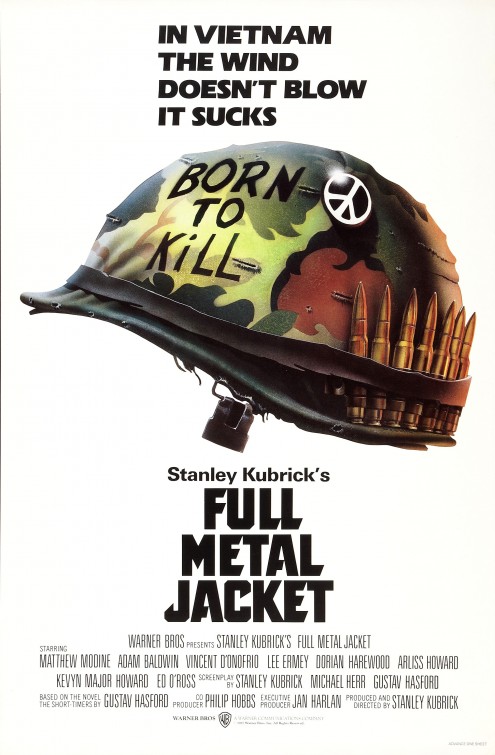
Book-to-screen adaptation of Julie Powell's blogging and cooking adventure leaves a sweet taste, but it isn't long-lasting. That isn't to say the film isn't good; it's thoroughly funny thanks to Meryl Streep's quirky yet loveable depiction of Julia Child, and it flows smoothly from chapter to chapter. However, the experience is more of a good night out rather than something memorable, mostly because Julie's expected transformation never really emerges from its cocoon. The film is still worth seeing as Julia Child's story to bring the art of French cooking to the American middle class is good enough of a ride filled with outrageous one-liners from Streep.
The film traces the lives of Julie, a social worker dealing with the backlash of 9/11, and Julia, the bored, travelling wife of an American diplomat. Julie is on the verge of depression as her life consists of dealing with upset, depressed relatives of 9/11 victims. On the other hand, Julia is left to entertain herself in foreign countries as her husband moves from country to country. The tie between them is the love of cooking and eating and how the craft of cooking saves them both from their routines.
In an attempt to regain control of her life, Julie decides to keep a blog about cooking through all 536 recipes from Julia Child's famous work, Mastering the Art of French Cooking, in one year. On the other hand, Julia Child enrols in Le Cordon Bleu school of Paris to keep herself active while her husband's at work. Both projects bear fruit - one a famous blog that later turns into a book and the other a book that connects haute cuisine with the everyday American cook. I must say that Julia Child's story is far more entertaining and satisfying!
 I am dumbfounded. Blomkamp's feature reveals the deepest shades of human nature in the most surprising format. Its allegorical backbone for South African politics and general racial profiling extends into the most meaningful and touching sci-fi that has yet been made. Its tight script and inverted story makes for one of the best dramatic trajectories of any film. I am simply dumbfounded.
I am dumbfounded. Blomkamp's feature reveals the deepest shades of human nature in the most surprising format. Its allegorical backbone for South African politics and general racial profiling extends into the most meaningful and touching sci-fi that has yet been made. Its tight script and inverted story makes for one of the best dramatic trajectories of any film. I am simply dumbfounded.

